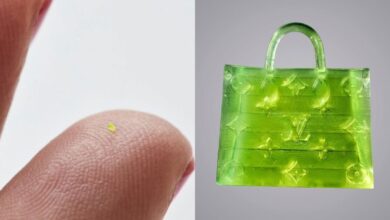Bacteria Engineered to Produce Electricity from Wastewater
The most extensively researched microorganism, E. coli, has been modified by scientists to produce power from sewage. This ground-breaking bioelectronics breakthrough describes a cutting-edge strategy that might revolutionize both energy generation and waste management.
“Although there are rare bacteria that can spontaneously make electricity, they need a certain combination of chemicals in order to do so. We were able to generate power in a variety of conditions, including from waste water, since E. coli can thrive on a broad variety of sources, according to Ardemis Boghossian, a professor at EPFL, a public research institution in Lausanne, Switzerland.
Extracellular electron transfer (EET), a technique used to generate power from E. coli bacteria, has been successfully used. E. coli bacteria were modified by scientists to demonstrate improved EET, transforming them into powerful “electric microbes.”
The bioengineered E. coli can generate energy while metabolizing a range of organic substrates, in contrast to earlier techniques that needed certain compounds.
The research team also used wastewater they had gathered from a nearby Lausanne brewery to test the system firsthand.
“We are producing electricity while processing organic waste at the same time, hitting two birds with one stone,” said Boghossian. “Instead of putting energy into the system to process organic waste.”
“Our bioengineered electric bacteria were able to flourish exponentially by feeding off this waste, whereas the exotic electric microbes weren’t even able to survive.”
The study’s consequences go beyond trash management. The altered E. coli may be used in microbial fuel cells, electrosynthesis, and biosensing, to name a few, and can produce power from a variety of sources.
The bacterium’s genetic plasticity also makes it possible to customize it to adapt to certain habitats and feedstocks, making it a useful tool for the advancement of sustainable technologies.
Our research is important because ever more practical uses for modified bioelectric bacteria are pushing the envelope. In comparison to the prior state-of-the-art, we have achieved a new record, according to principal researcher Mohammed Mouhib from EPFL.







